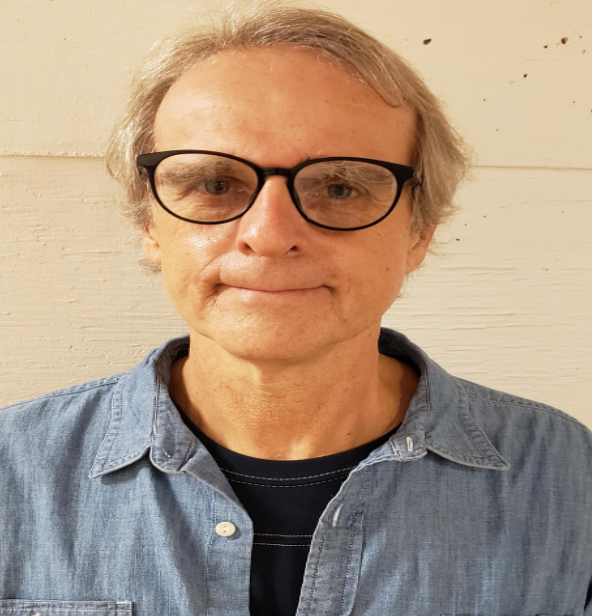SUNLIGHT AND SHADOW: Gratitude of Self and Others

Welcome to April light and shadow.
Springtime. Day is moving to its victory over night as we move from vernal equinox to summer solstice. Of course, night will get its way again in the fall and winter, but so far, it all keeps evening out.
There is a saying that goes something like, “It takes four seasons to make a year.”
When I get a little rattled and stressed over unexpected challenges, I like to think about things like equinoxes and solstices and four seasons to make a year. To know that nature has provided an order to the really big foundational life things is reassuring.
Of course, Mother Nature is much more nuanced and manifests what we humans and other life species experience as natural disasters. But sunshine and soft rains and two temperate zones, too. All things considered, right?
Spring is a better time of year to encourage more optimism, more hope, more vernal spirit and self-growth. Much dark and cold and gray behind us, much light and green and garden bounty ahead.
A good time for thanks. This philosopher will argue, too, that even the dark and cold and gray times are good times for thanks.
Now, giving thanks seems like a full-of-light-thing to do with little shadow attached. Well, sorry about that. I am not going to make it that easy-philosophy, easy, whoever said that. Still, giving gratitude is a light that gives you stamina and hope and deeper connection.
No doubt about the expansive light that it is (just go to almost any Positive Psychology website, and you will find giving gratitude as the #1 recommendation for a happier and more grounded outlook). Recommended by leading dentists!
Well, not sure about that, but you get the gist.
So light first. A very practical and useful suggestion is for each of us to keep a gratitude journal. Keeping a journal for yourself “just because” is a practical and useful suggestion, too.
A gratitude journal or at least a gratitude daily ritual is a really simple thing. What are three things each day you can be grateful for? Can you reflect upon why? Can you share them out loud at the dinner table or with a friend?
Quantify how the things that you are grateful for outweigh your worries and challenges. Giving gratitude easily brings balance and force to move forward.
My gratitude list goes three wonderful sons and family, being a teacher, and an orderly home.
Or cloudy days becoming sunny days, seeing a tree blow in the wind, or a call from a friend.
Or taking an evening walk, being told by a student that I was helpful that day, and red blossoms on our Oklahoma redbuds. Or _____, ____, ____.; you fill in your blanks.
This is a practice easy to become hooked on. That is a good thing because philosophy loves the Good. Just ask Plato or Aristotle. (Got him in here again, Professor Thurston!)
So light and good galore with gratitude. Why then must I bring up shadow?
I believe one reason for light in our human experience is to open and enrich consciousness, much like a camera aperture captures more detail the more light let in.
What details can we see in gratitude beyond the place of good things in each of our lives? From lighter to darker: the bounty around us, the energy of love, our good fortune, that loss comes into our lives, others’ loss, others have less, others have less than the basics of life, and then of course, just for fun, the Four Horseman who may visit whomever whenever.
Way too much hunger right here in our own state. We seem way too comfortable these days with the visitation of war, and whoever would have believed pestilence and so much death from it in the 21st century!
Gratitude indeed brings with it shadow to the critical mind. Contrast and comparison are 2 important analytical tools we have at our disposal for critical thinking.
When using them to tool around with gratitude, the work light starts throwing many shadows around the workshop. But work we must in order to increase the ratio of light to shadow. One of humanity’s best callings.
When I am at work on this as an educator, critical thought quite often takes me to my relationship with others-in philosophy, the concept of “Other”.
If you ever come by my office, and please always stop in, you will see the United Nations’ Universal Declaration of Human Rights outside my door. The Declaration was adopted in 1948 after the suffering and horror of 2 world wars and a Holocaust.